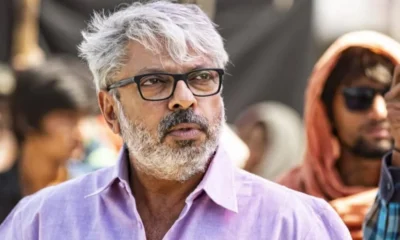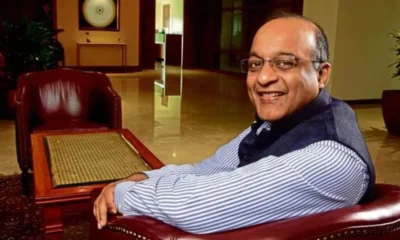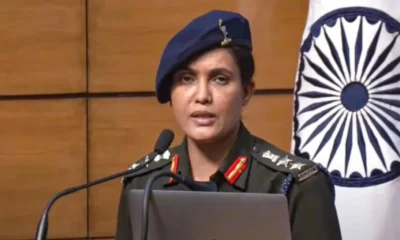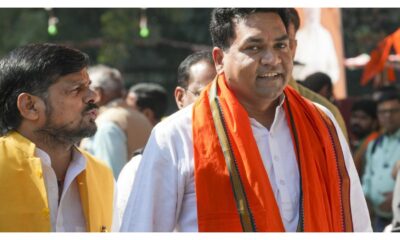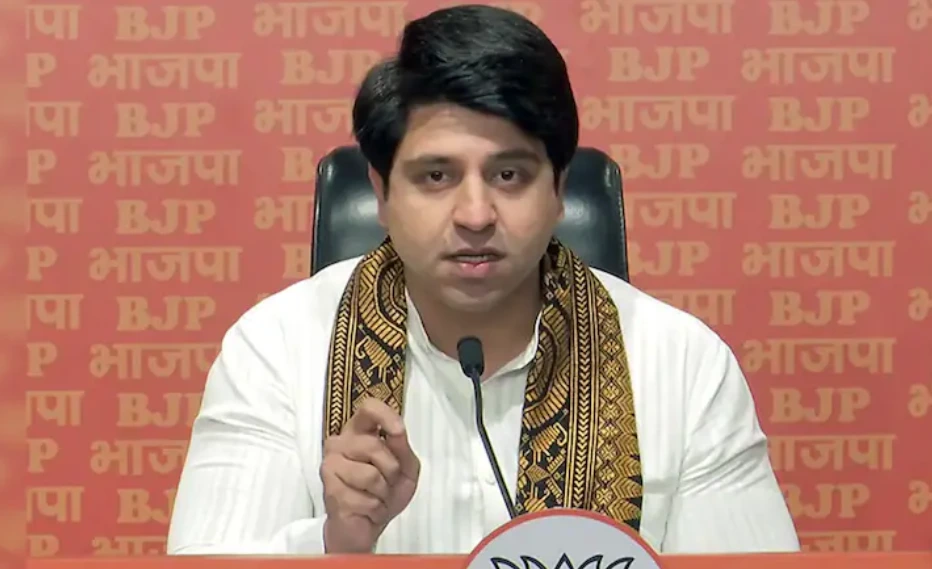India News
FIR against Barkha Dutt’s Mojo story, seven other Twitter handles for propagating fake news in Unnao double murder case
The Uttar Pradesh Police has been lodged an FIR against eight Twitter handles including the handle of Mojo Story, run by senior journalist Barkha Dutt who termed the FIR
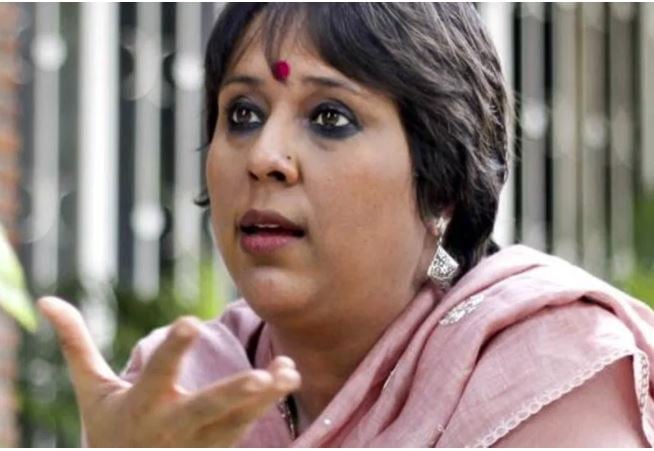
India News
PM Modi skips Lok Sabha reply as protests force repeated adjournments
PM Modi did not deliver his Lok Sabha reply today after sustained Opposition protests led to repeated adjournments over a dispute involving Rahul Gandhi’s proposed speech.
India News
President’s Rule revoked in Manipur as NDA set to form new government
President’s Rule has been withdrawn in Manipur nearly a year after its imposition, paving the way for a new NDA-led government under Yumnam Khemchand Singh.
India News
BJP spokesperson Shehzad Poonawalla’s mother injured in hit-and-run incident in Pune
BJP spokesperson Shehzad Poonawalla has alleged that his mother was deliberately hit by a car in Pune and left critically injured. She is scheduled to undergo surgery.
-
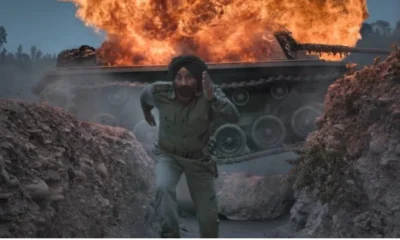
 Entertainment21 hours ago
Entertainment21 hours agoBorder 2 box office collection day 12 crosses Rs 286 crore, eyes Rs 300 crore milestone
-

 India News18 hours ago
India News18 hours agoPresident’s Rule revoked in Manipur as NDA set to form new government
-

 India News14 hours ago
India News14 hours agoPM Modi skips Lok Sabha reply as protests force repeated adjournments
-

 Cricket news22 mins ago
Cricket news22 mins agoPakistan PM Shehbaz Sharif confirms boycott of India match at T20 World Cup
-

 Latest world news50 mins ago
Latest world news50 mins agoNew Delhi free to buy oil from any source, Russia says amid US deal claims

